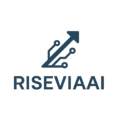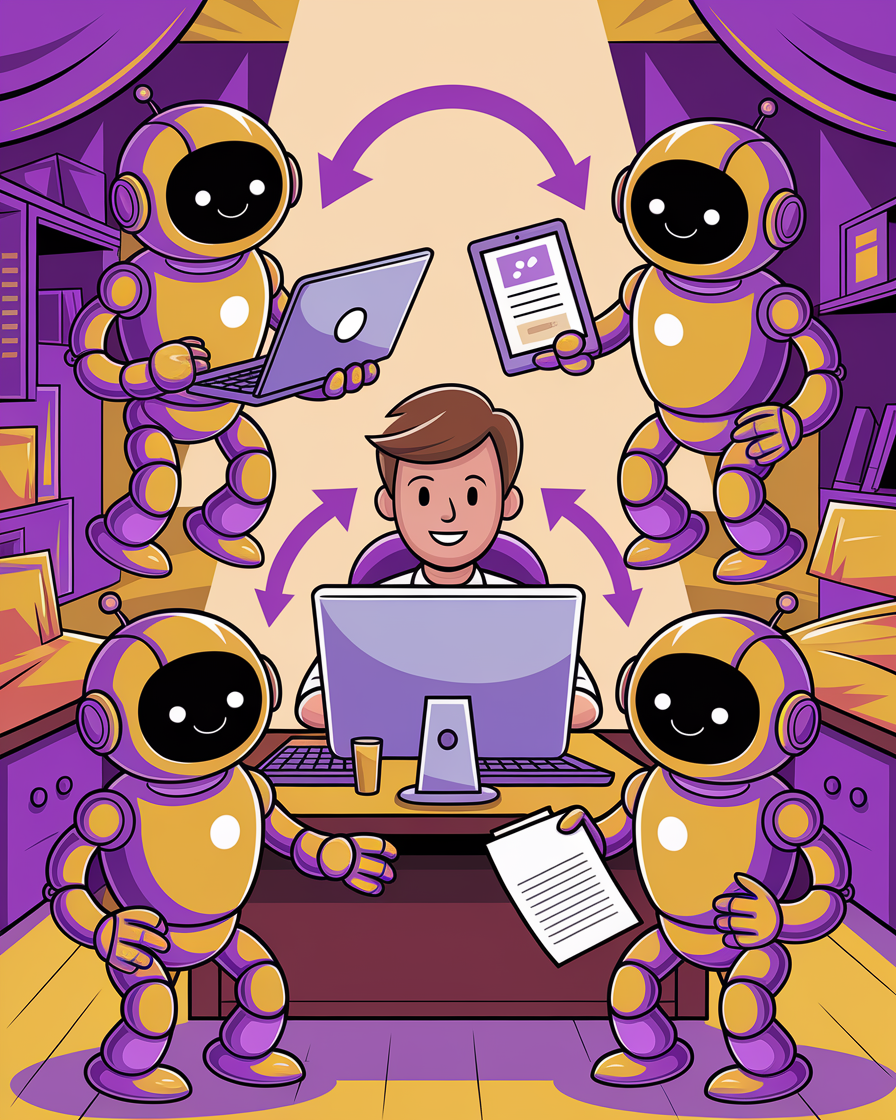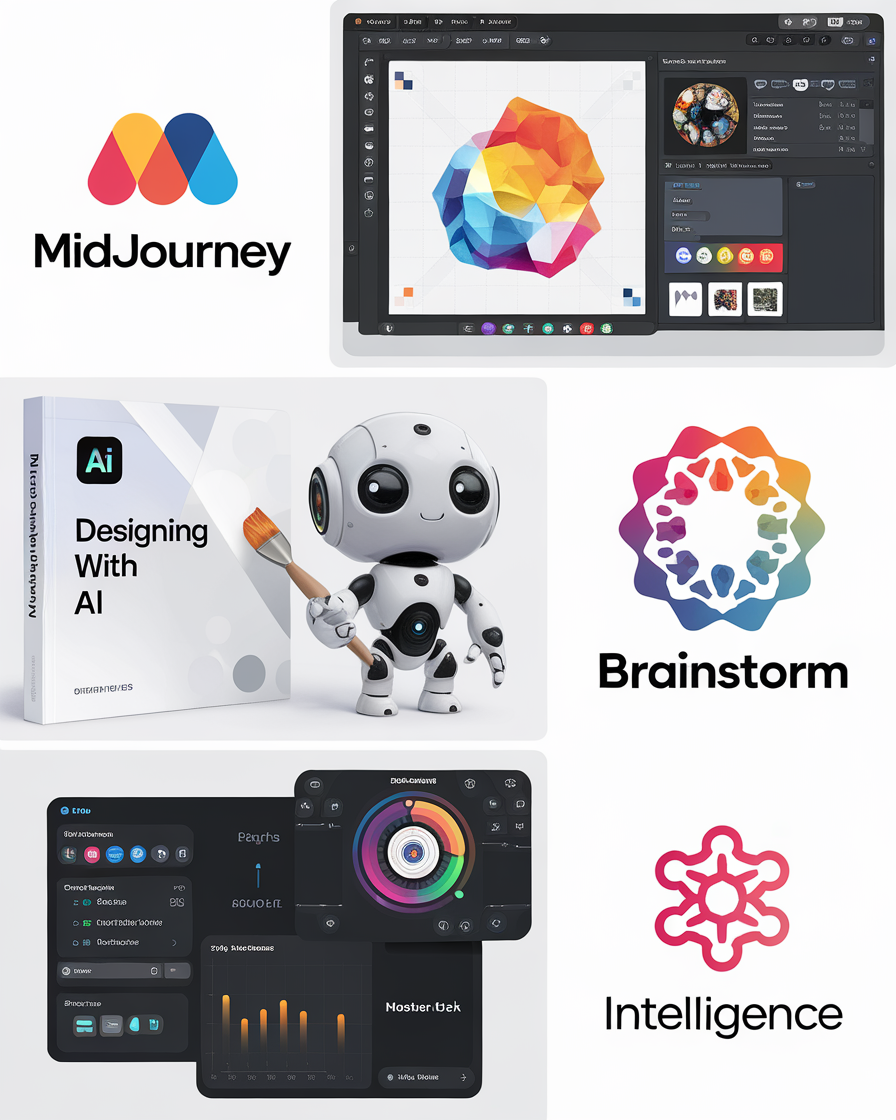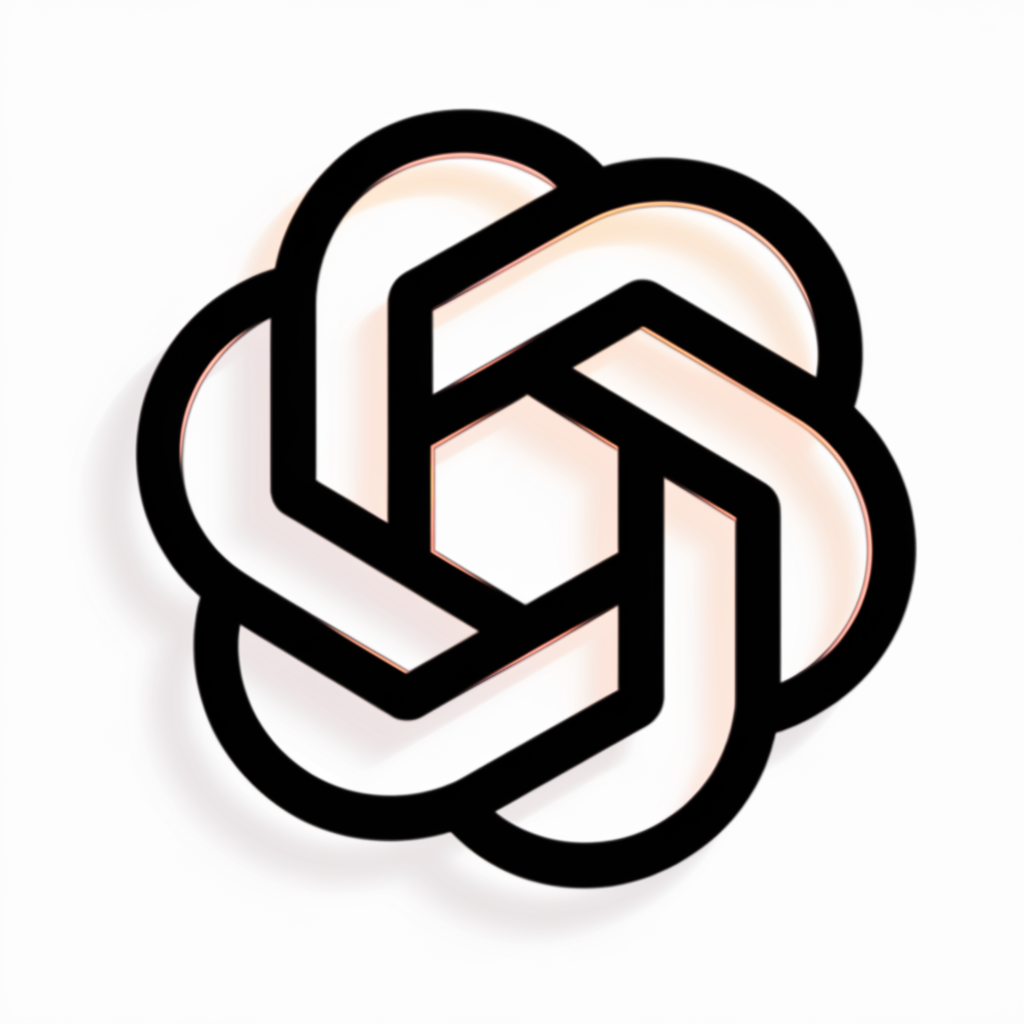Unleash peak productivity with AI daily routine automation. Discover compelling ways AI productivity tools and personal assistant apps can transform your everyday. Start automating today!
Introduction
Imagine a life where tedious tasks are handled automatically, leaving you free to focus on what truly matters. This isn’t a futuristic fantasy; it’s the present reality thanks to the power of artificial intelligence. AI daily routine automation is rapidly transforming how we manage our time, boosting productivity, and reducing stress. From managing your overflowing inbox to optimizing your fitness regimen, AI personal assistant apps and AI productivity tools are becoming indispensable. In this comprehensive guide, we’ll delve deep into how you can harness AI to streamline your daily life, reclaim your valuable time, and unlock a new level of efficiency. Get ready to discover a smarter way to live and work!
Smarter Scheduling: Your AI-Powered Calendar Conqueror
One of the most immediate and impactful areas for AI daily routine automation is scheduling and task management. The endless back-and-forth of finding a meeting time or remembering to tackle your to-do list can be a significant drain on your energy. AI is here to change that.
AI-powered scheduling tools leverage sophisticated algorithms to analyze your calendar, preferences, and even your habits to suggest optimal times for meetings, appointments, and focused work blocks. They can automatically resolve conflicts, send reminders, and even factor in travel time.
- Intelligent Meeting Coordination: Tools like Calendly and Clockwise integrate with your calendar to find the best meeting times for all participants, minimizing email threads and scheduling headaches. Clockwise, for instance, can even automatically create “Focus Time” blocks in your calendar, protecting your deep work periods.
- Dynamic Task Prioritization: AI-driven task managers, such as Motion or the AI features within ClickUp, go beyond simple to-do lists. They learn your work patterns and deadlines to intelligently prioritize tasks, adjusting as new items arise. They can even break down large projects into smaller, manageable steps.
- Automated Reminders and Follow-ups: Never miss an important deadline or appointment again. AI tools can send personalized reminders via email, push notifications, or even voice assistants, ensuring you stay on track without constant manual oversight. Some, like Reclaim.ai, actively integrate with your calendar to schedule habits and tasks, ensuring they get done.
By leveraging these AI productivity tools, you can transform your chaotic calendar into a well-oiled machine, freeing up mental bandwidth for more creative and strategic endeavors.
Mastering Your Inbox: AI for Effortless Email Management
The sheer volume of emails we receive daily can be overwhelming, leading to missed opportunities and increased stress. Automate your routine with AI by handing over the mundane aspects of email management to intelligent assistants.
AI email assistants are designed to sort, prioritize, and even draft responses, effectively taming your inbox beast. They use natural language processing (NLP) to understand the content and intent of your emails.
- Smart Sorting and Prioritization: Tools like Microsoft Outlook’s Copilot or features within Gmail leverage AI to automatically categorize incoming emails (e.g., “Primary,” “Promotions,” “Social”), flag important messages, and filter out spam. This ensures you see what truly matters first.
- AI-Generated Drafts and Responses: Struggling to craft the perfect reply? AI can help. Many email platforms now offer AI-powered drafting capabilities that can generate a first draft of an email based on the context of the conversation or a few keywords you provide. This can be a lifesaver for routine inquiries or follow-ups. Boomerang for Gmail offers features like AI writing assistance and email scheduling.
- Automated Follow-up Reminders: Have you ever sent an email and then forgotten to follow up? AI can track your sent emails and remind you if you haven’t received a response within a certain timeframe. This ensures important conversations don’t fall through the cracks.
- Summarization of Long Threads: For lengthy email chains, some AI tools can provide a concise summary, allowing you to quickly grasp the key points without reading every single message. This is particularly useful for project updates or group discussions.
By incorporating AI into your email routine, you can significantly reduce the time spent on inbox management, leading to a more focused and less stressful workday.
The Smart Home Revolution: Automating Your Living Space
Your daily routine extends beyond work, encompassing your home environment. AI is at the forefront of the smart home revolution, making your living space more convenient, efficient, and responsive to your needs. This is a prime example of how you can automate your routine with AI in a truly personal way.
Smart home devices powered by AI learn your preferences and habits, automating actions to create a seamless and comfortable environment.
- Voice-Activated Control: Personal assistant apps like Amazon Alexa and Google Assistant are the central hubs for many smart homes. You can control lights, thermostats, entertainment systems, and even order groceries with simple voice commands, integrating deeply with various smart devices.
- Automated Climate Control: AI-enabled smart thermostats, such as the Nest Learning Thermostat, learn your heating and cooling preferences over time. They can adjust temperatures based on your presence, local weather, and even energy prices, optimizing comfort and saving energy.
- Intelligent Lighting Systems: Smart lighting systems, often integrated with voice assistants, can adjust brightness and color based on the time of day, your activity, or even your mood. You can set routines for lights to turn on when you wake up or off when you leave the house. Brands like Philips Hue offer extensive AI-driven features.
- Enhanced Home Security: AI is transforming home security with intelligent cameras that can differentiate between people, pets, and vehicles, reducing false alarms. Systems like those offered by Arlo or Ring use AI for motion detection and facial recognition.
- Automated Cleaning and Maintenance: Robot vacuums with AI navigation, such as those from Roomba, learn the layout of your home and optimize cleaning routes. Smart sprinklers can adjust watering schedules based on weather forecasts and soil moisture, conserving water.
Automating your home with AI not only adds convenience but also contributes to energy efficiency and peace of mind, allowing you to automate your routine with AI for a truly effortless living experience.
Optimizing Health & Wellness: AI as Your Personal Coach
Maintaining a healthy lifestyle often requires consistent effort and tracking. AI is emerging as a powerful ally in the realm of health and wellness, offering personalized insights and automation to help you achieve your goals. This is where AI truly acts as a supportive AI personal assistant app.
From fitness tracking to meal planning, AI-powered tools can personalize your wellness journey, making it easier to stay on track.
- Personalized Fitness Training: AI fitness apps like Fitbod or those offered by smart wearables like Apple Watch with its advanced health tracking, can generate personalized workout plans based on your fitness level, goals, and even equipment availability. They can adapt routines based on your progress and provide real-time feedback on your form.
- Smart Nutrition and Meal Planning: AI meal planners can help you create healthy and balanced meal plans tailored to your dietary preferences, allergies, and caloric needs. Apps like MyFitnessPal (with AI-enhanced features) or specialized AI meal planners can generate grocery lists and even suggest recipes based on ingredients you have on hand.
- Sleep Tracking and Improvement: Wearable devices and apps with AI capabilities can analyze your sleep patterns, identify disruptions, and offer personalized recommendations to improve your sleep quality. Oura Ring is a prime example of an AI-driven sleep tracker that provides actionable insights.
- Stress Management and Mindfulness: AI-powered meditation and mindfulness apps can offer personalized guided sessions based on your mood and stress levels. Some even use biofeedback to help you manage your stress in real-time.
- Proactive Health Monitoring: While not a replacement for professional medical advice, some AI tools can analyze health data from wearables to detect unusual patterns and alert you to potential health concerns, encouraging you to seek timely medical attention.
By integrating AI into your health and wellness routine, you gain a powerful, personalized tool that supports your journey towards a healthier and more balanced life.
Financial Freedom: AI for Smarter Money Management
Managing your finances can be time-consuming and complex, but AI is simplifying the process, helping you gain better control over your money and work towards financial goals. Leveraging AI here means you can truly automate your routine with AI in a critical area of your life.
AI financial management tools provide insights, automate budgeting, and even offer personalized investment advice.
- Automated Budgeting and Expense Tracking: AI-powered budgeting apps like YNAB (You Need A Budget) or Mint connect to your bank accounts and credit cards to automatically categorize your transactions. They learn your spending habits and can create personalized budgets, alerting you when you’re close to exceeding a spending limit.
- Bill Management and Reminders: Never miss a bill payment again. AI can track your recurring bills, send reminders, and even help you avoid late fees. Some tools can even identify opportunities to save money on subscriptions you no longer use.
- Investment Portfolio Optimization: AI-driven robo-advisors, such as Betterment or Wealthfront, use algorithms to manage your investments based on your financial goals and risk tolerance. They can rebalance your portfolio automatically and provide personalized investment recommendations.
- Fraud Detection: Banks and financial institutions extensively use AI to detect fraudulent transactions in real-time. This protects your accounts and alerts you to suspicious activity, adding a layer of security to your finances.
- Savings Automation: Many banking apps now offer AI-powered savings features that analyze your spending and automatically transfer small amounts of money into a savings account when it identifies you can afford it, helping you build savings effortlessly.
By harnessing AI for financial management, you can reduce financial stress, make informed decisions, and work towards a more secure financial future.
Expanding Your Horizons: AI for Learning and Personal Development
Learning and personal growth are continuous journeys, and AI can act as a powerful catalyst, making it easier to acquire new skills and knowledge. This aspect of AI productivity tools is often overlooked but can be profoundly impactful.
AI-powered learning platforms and tools can personalize your educational experience, making it more efficient and engaging.
- Personalized Learning Paths: AI platforms like Coursera and Khan Academy use AI to recommend courses and learning materials tailored to your interests, skill level, and learning style. They can identify your strengths and weaknesses and suggest areas for improvement.
- Language Learning Assistants: AI language apps, such as Duolingo or Memrise, use adaptive learning algorithms to personalize lessons, provide real-time feedback on pronunciation, and adapt to your progress, making language acquisition more effective.
- Skill Development and Training: AI can power virtual coaches and simulators for a wide range of skills, from public speaking to coding. These tools provide instant feedback and adapt challenges to help you master new abilities.
- Content Curation and Summarization: Overwhelmed by information? AI can help. Tools can curate articles, research papers, and news relevant to your interests, and even summarize lengthy documents, saving you time and ensuring you stay informed.
- Interactive Tutoring and Q&A: AI chatbots can act as personalized tutors, answering your questions, explaining complex concepts, and providing additional resources, making learning accessible 24/7.
Embracing AI in your learning journey allows you to learn more efficiently, explore new subjects, and continuously develop yourself.
Beyond the Basics: Advanced AI Integrations for Ultimate Automation
Once you’ve mastered the foundational aspects of AI daily routine automation, you can explore more advanced integrations that weave AI into the fabric of your life, creating a truly seamless and hyper-efficient existence. These advanced AI productivity tools can revolutionize your entire workflow.
- Content Creation and Social Media Management: For those who manage online presence, AI can be a game-changer. AI writing assistants like Jasper AI or Copy.ai can generate blog posts, social media captions, and marketing copy. Tools like Buffer’s AI Assistant can help you brainstorm post ideas, repurpose content, and schedule posts across various platforms, ensuring consistent engagement.
- Data Analysis and Reporting: If your work involves crunching numbers, AI can automate significant portions of the process. AI-powered analytics tools can process vast datasets, identify trends, and generate comprehensive reports, allowing you to make data-driven decisions faster. Microsoft Excel and Google Sheets are increasingly incorporating AI features for data analysis and visualization.
- Personalized Information Feeds: Imagine a news feed that knows exactly what you want to read. AI can curate personalized news and content feeds, filtering out irrelevant information and delivering only what truly matters to your interests and professional needs.
- Virtual Shopping Assistants: AI is enhancing the online shopping experience. From personalized product recommendations to intelligent chatbots that answer your questions and guide you through purchases, AI makes online shopping more efficient and enjoyable.
- Travel Planning and Management: AI can help you plan your trips more efficiently by finding the best flights and accommodations, suggesting itineraries based on your preferences, and even providing real-time updates on travel conditions.
By integrating these advanced AI tools, you can not only automate your personal routine but also elevate your professional output, achieving levels of productivity you once thought impossible.
FAQ Section
Q1: Is AI daily routine automation safe and private?
A: The safety and privacy of AI tools depend largely on the provider. Reputable companies prioritize data security and often use encryption and robust privacy policies. It’s crucial to research the privacy practices of any AI tool or app before sharing personal data. Many AI personal assistant apps are designed with user privacy in mind, offering features like data anonymization. Always review the terms of service and privacy policy.
Q2: How much does it cost to implement AI automation in my daily routine?
A: The cost varies widely. Many basic AI productivity tools and personal assistant apps offer free tiers with limited features, while premium versions require a subscription. Some advanced solutions or smart home devices might involve a higher initial investment. You can start small with free options and gradually invest in more comprehensive solutions as you see the benefits.
Q3: Can AI truly understand my needs and preferences?
A: AI’s ability to understand your needs is constantly improving through machine learning. The more you interact with an AI tool, the better it learns your patterns, preferences, and habits. While AI won’t have human-level empathy, it can analyze vast amounts of data to provide highly personalized recommendations and actions.
Q4: What are the biggest challenges in automating my routine with AI?
A: The biggest challenges often include the initial setup and integration of various tools, overcoming the learning curve of new software, and ensuring data privacy across different platforms. Sometimes, the sheer number of available AI productivity tools can be overwhelming, making it hard to choose the right ones. Consistency in using the tools is also key for them to learn and optimize your routine effectively.
Q5: How do I choose the best AI personal assistant app for my needs?
A: To choose the best AI personal assistant app, consider your primary needs (e.g., scheduling, email, finance, health), compatibility with your existing devices and software, ease of use, privacy policies, and customer reviews. Many apps offer free trials, allowing you to test them before committing. Start with one or two areas you want to automate most, then expand.
Conclusion
The era of AI daily routine automation is here, offering unprecedented opportunities to streamline your life, boost your productivity, and free up your precious time. From managing your calendar and inbox to optimizing your health and finances, AI productivity tools and AI personal assistant apps are no longer a luxury but a powerful advantage in our fast-paced world.
Don’t let the idea of integrating AI seem daunting. Start small, identify the areas of your daily routine that consume the most time or cause the most stress, and explore the AI solutions available. The benefits of reclaiming your time, reducing mental clutter, and enhancing overall efficiency are immense.
For More Information You can Read Our Latest Posts Here https://riseviaai.com/blog/



